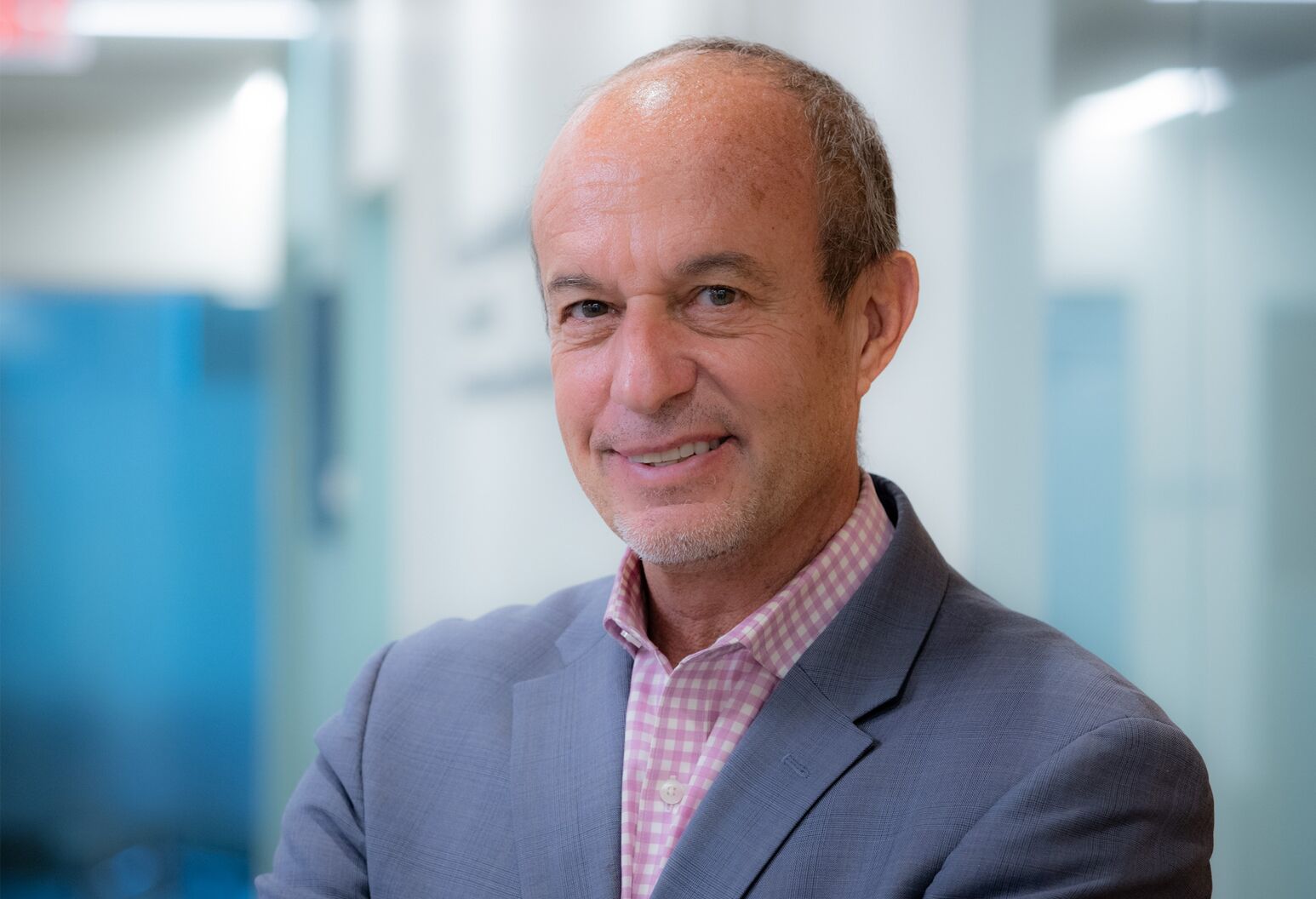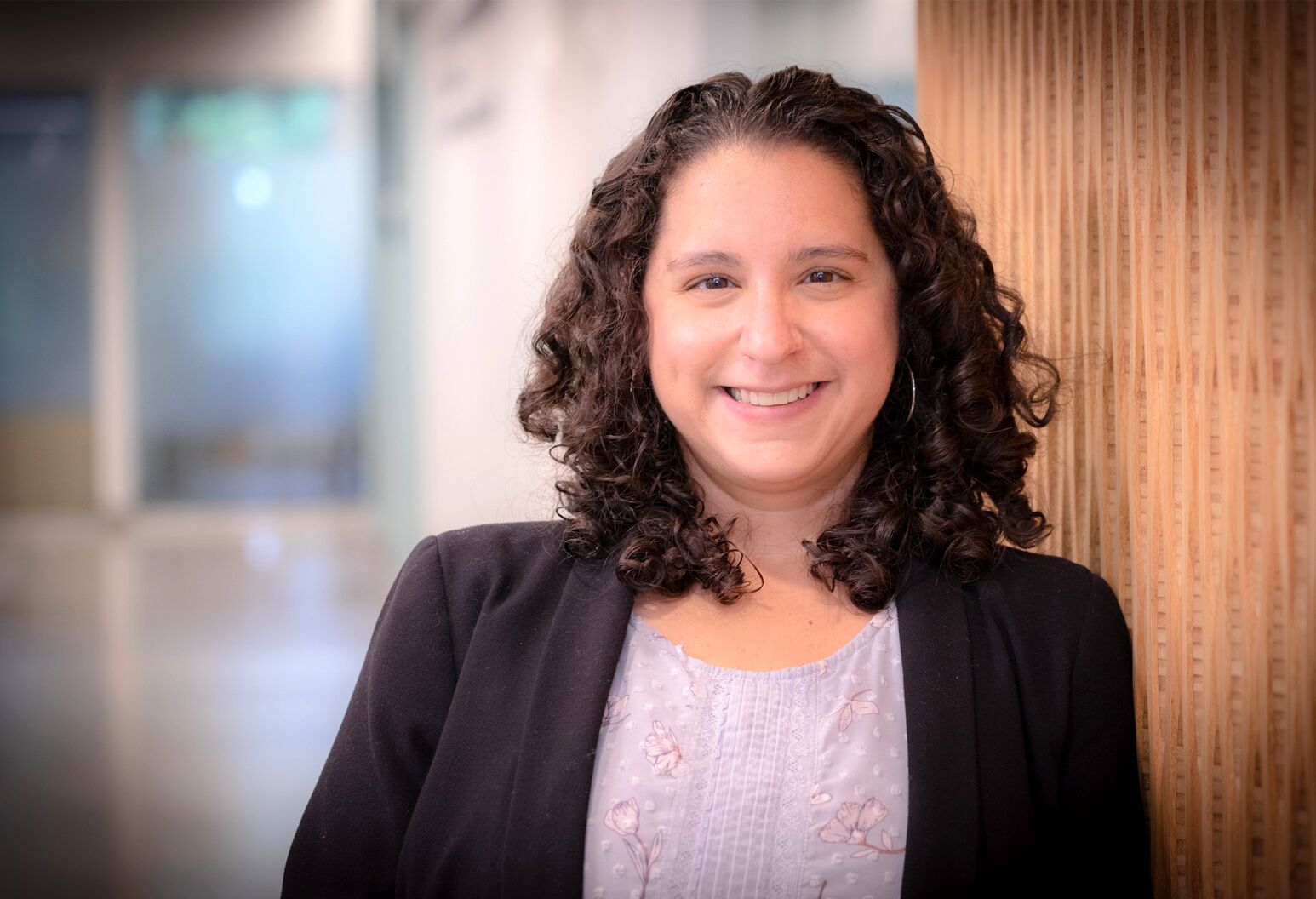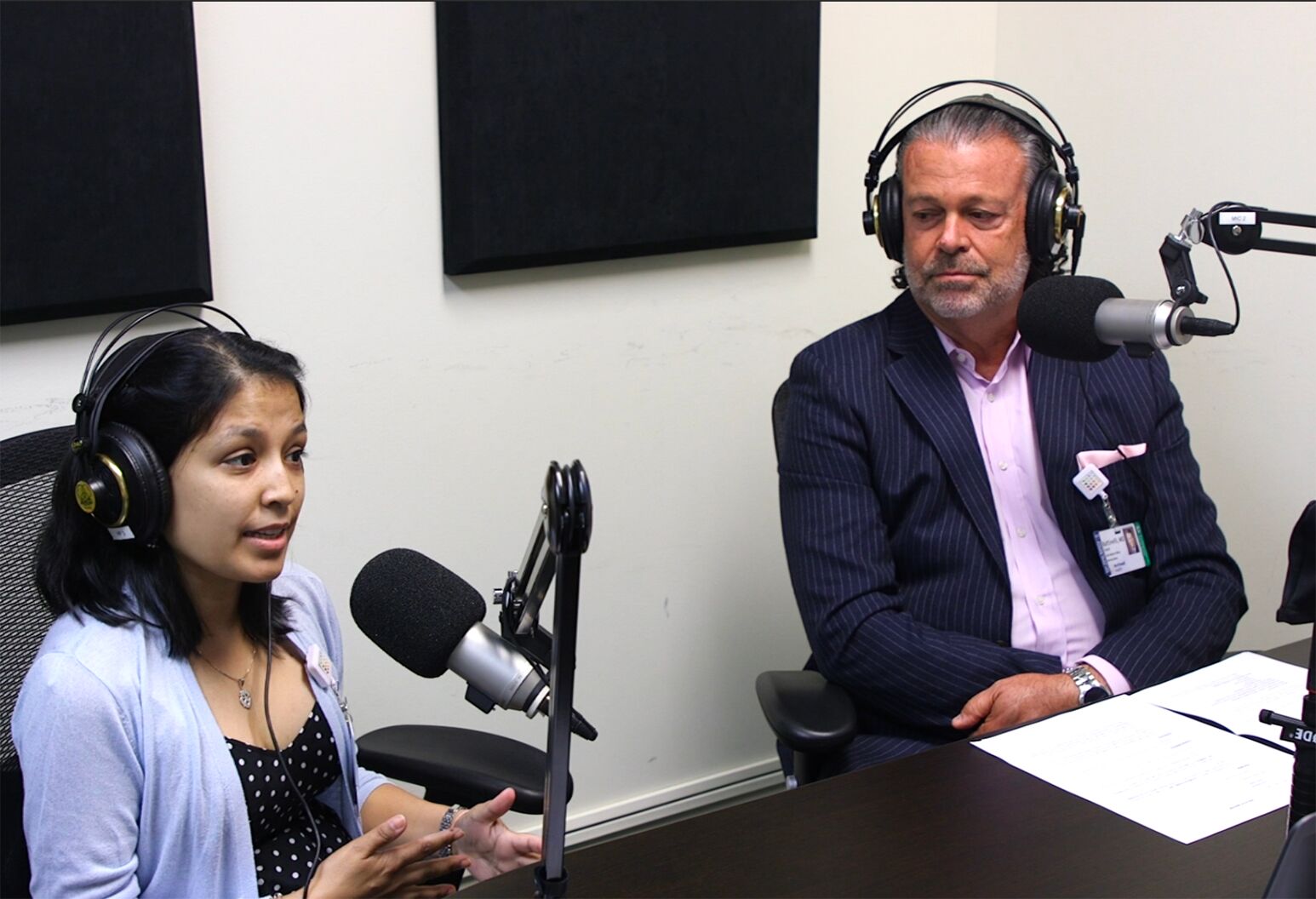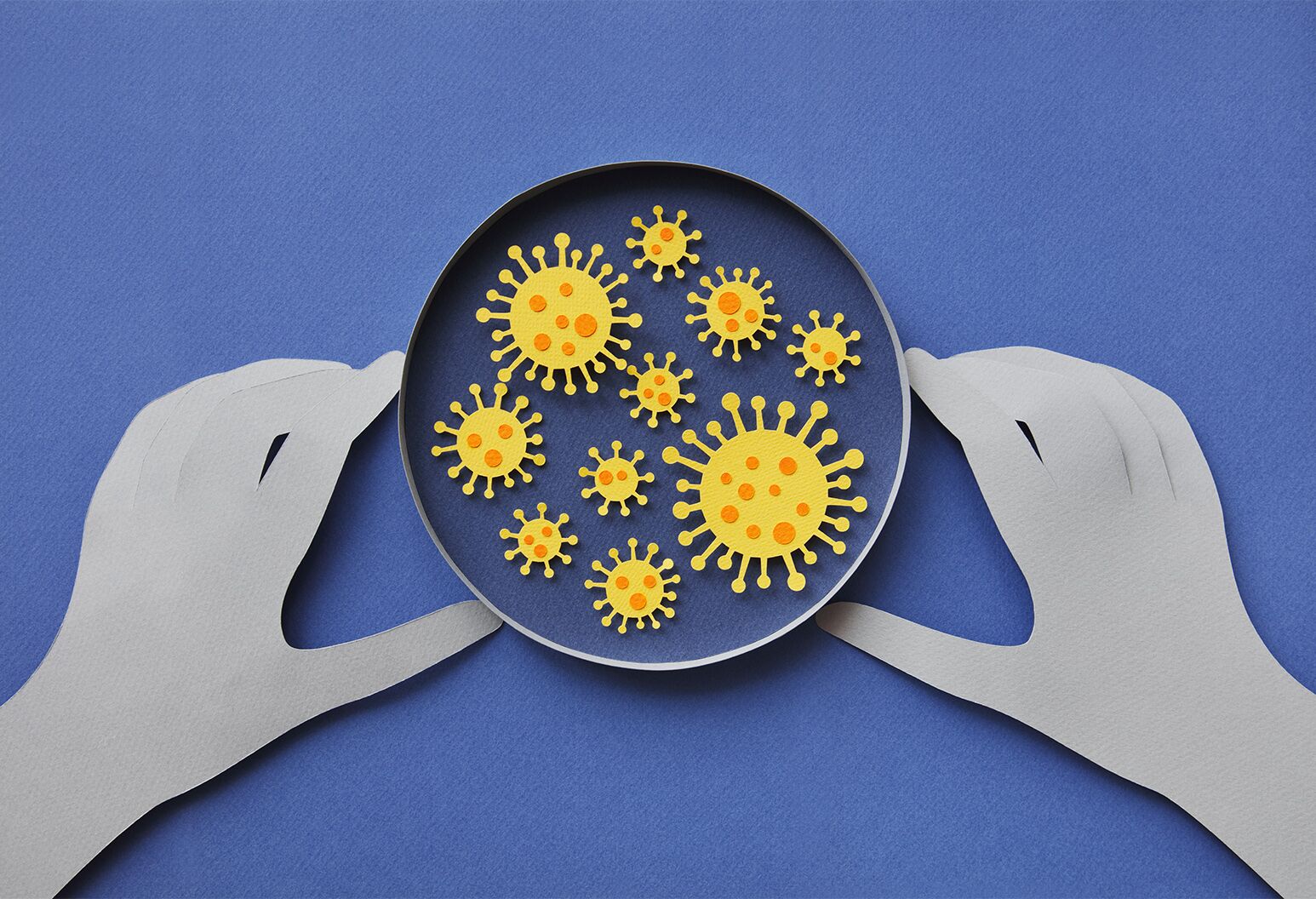The Feinstein Institutes—the research institutes of Northwell Health, New York’s largest health care provider—is home to 50 research labs, 3,000 clinical research studies and 5,000 people raising the standard of medical innovation. We make breakthroughs in molecular medicine, genetics, cancer, brain research, mental health, autoimmunity and bioelectronic medicine.
The latest
Feinstein shares significant COVID-19 blood clot clinical trial results

Trial results published in the esteemed peer-review journal, JAMA Internal Medicine
Throughout the pandemic, the medical community witnessed an increased risk for major blood clotting and death in patients with coronavirus disease 2019 (COVID-19). The Feinstein Institutes for Medical Research’s Alex C. Spyropoulos, MD, will reveal during a “Latest Science” presentation at ESC Congress 2021, organized by the European Society of Cardiology (ESC), clinical trial results that show significant improvement at preventing these clots. On October 7, the novel trial’s findings and protocol was published in the renowned Journal of American Medical Association (JAMA) Internal Medicine.
Dr. Spyropoulos’ HEP-COVID clinical trial revealed that prophylaxis with therapeutic low-dose heparin significantly reduces major thromboembolism (clotting) and death in high-risk hospitalized patients versus standard-of-care thromboprophylaxis. Results found that the incidence of major thromboembolism and death in patients was 28.7 percent for those given a therapeutic-dose low-molecular-weight heparin (LMWH) versus 41.9 percent for those who received institutional standard prophylactic or intermediate-dose heparins.
Since May 2020, Dr. Spyropoulos and his team enrolled 257 critically sick hospitalized adults in a randomized controlled multi-center clinical trial, HEP-COVID, to determine which dosage of heparin – an anticoagulation medication – is most effective.
“In the HEP-COVID clinical trial we were able to predict a population of hospitalized COVID-19 patients that are at high risk of developing thromboembolic complications and death and alter their outcomes with a therapeutic dose of heparin, without major bleeding,” said Dr. Spyropoulos, the trial’s principal investigator and professor at Feinstein Institutes’ Institute of Health System Science. “We hope that our findings will inform other clinicians on the frontlines on the most effective weapon we have to prevent these often morbid and fatal thrombotic complications from COVID-19.”
The therapeutic dose of heparin was four times that of the standard dose and patients were assessed for their risk using a relatively new elevated blood biomarker test, the D-dimer. Treatment results were not seen in patients who were critically ill requiring ICU level of care – indicating that by assessing patient risk prior to intensive care and delivering LMWH clinicians could alter the course of disease. This shift in medication dosage may result in health systems revising the current standard of care procedures for preventing thrombotic complications in high-risk COVID-19 hospitalized patients.
Dr. Spyropoulos, system director of Anticoagulation and Clinical Thrombosis Services at Northwell Health, has been on the forefront of studying thrombotic complications in COVID-19 patients in the outpatient setting, during hospitalization, and the post hospital discharge period to assess their risk and best treatments. Most recently, in research published in the journal Blood, his team identified those COVID-19 patients post-discharge at high-risk of thrombotic complications and death and determined that post-discharge anticoagulants – mostly at prophylactic dosages – reduce the risk of major thromboembolic events and death by 46 percent.
“Blood clots cause serious complications for patients with COVID-19 in the hospital and at home,” said Kevin J. Tracey, MD, president and CEO of the Feinstein Institutes. “Dr. Spyropoulos is a leader in studying and understanding these complications. The HEP-COVID clinical trial results are a new milestone to guide advances in care.”
At the start of the pandemic, the Feinstein Institutes pivoted to focus clinical trials to study the efficacy and safety of therapeutics to treat those with the virus. Since Feinstein Institutes’ COVID-19 Clinical Trial Unit was formed in March 2020, 15 clinical trials were initiated and enrolled more than 1,700 patients, including patients for the HEP-COVID trial.
Additionally, this study was published through the Northwell Health Research Consortium which began in early 2020 and has organized more than 500 clinicians, statisticians and scientists across the Feinstein Institutes and Northwell Health to conduct cutting-edge research about the COVID-19 pandemic. To date, more than 500 manuscripts have been written addressing the most pressing questions surrounding the virus.
Ankita Sagar, MD, and David Battinelli, MD, discuss the latest research being done on long COVID through Northwell's COVID Ambulatory Resource Support (CARES) program.




